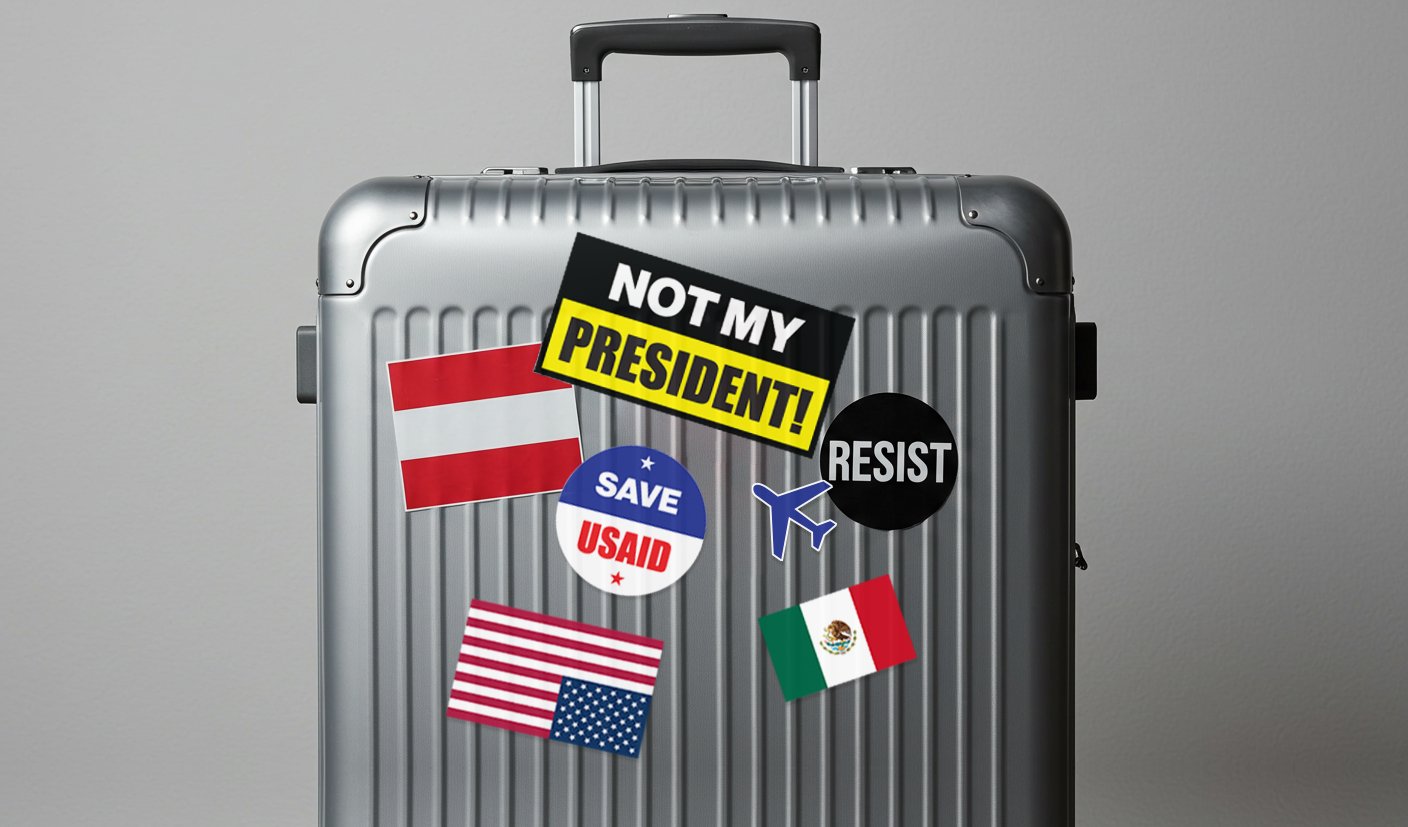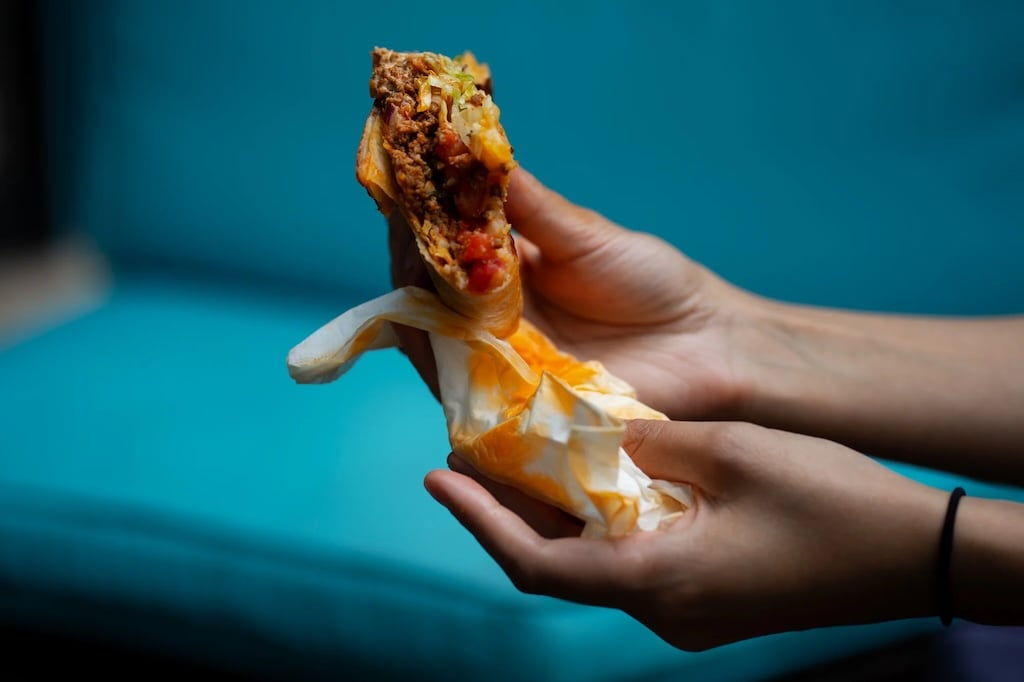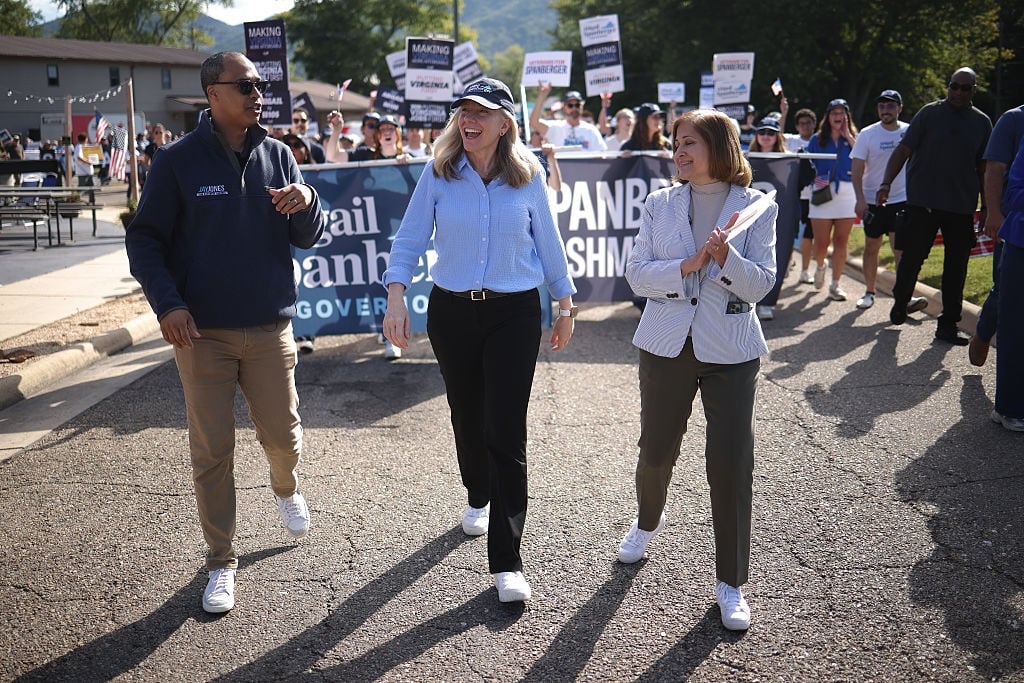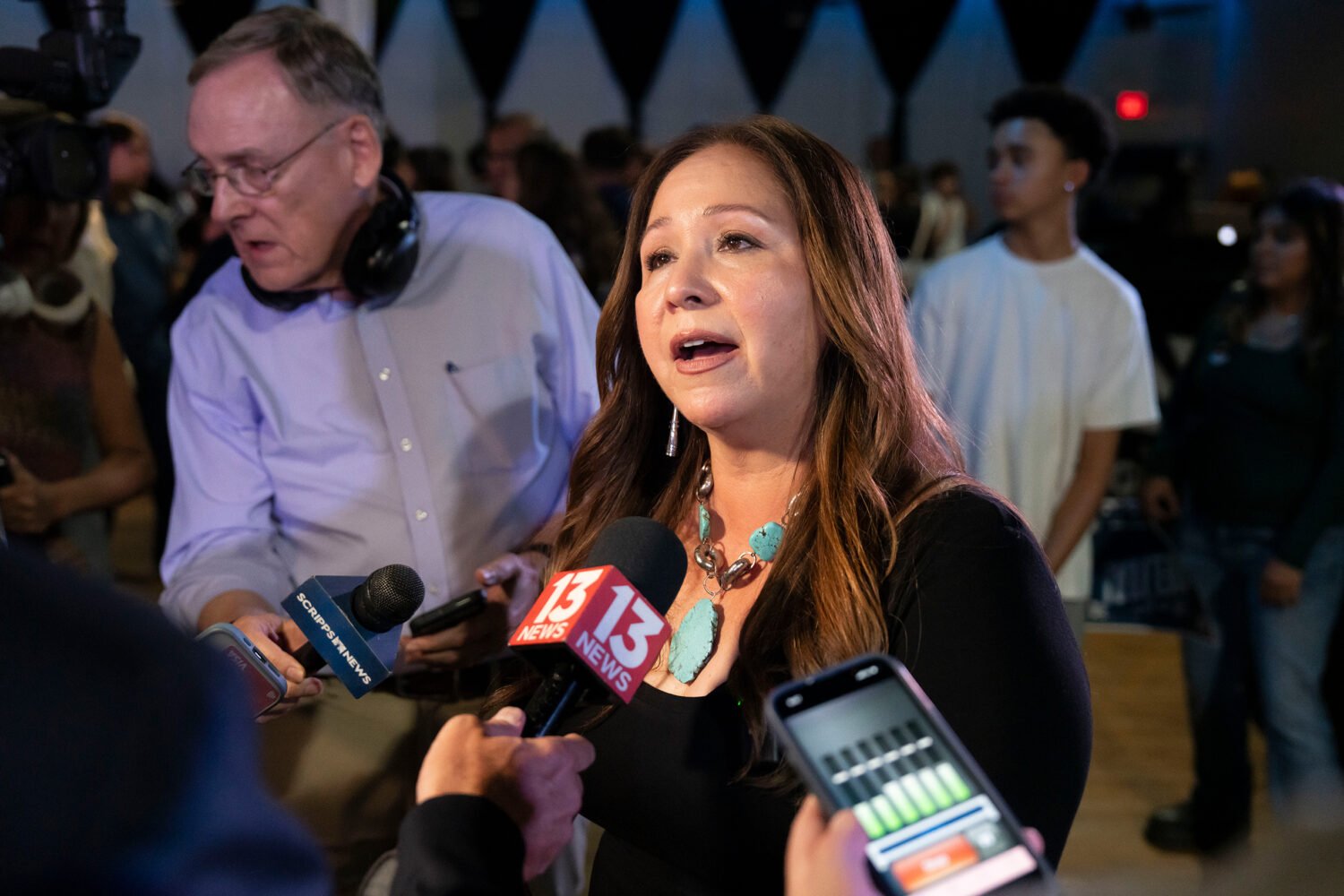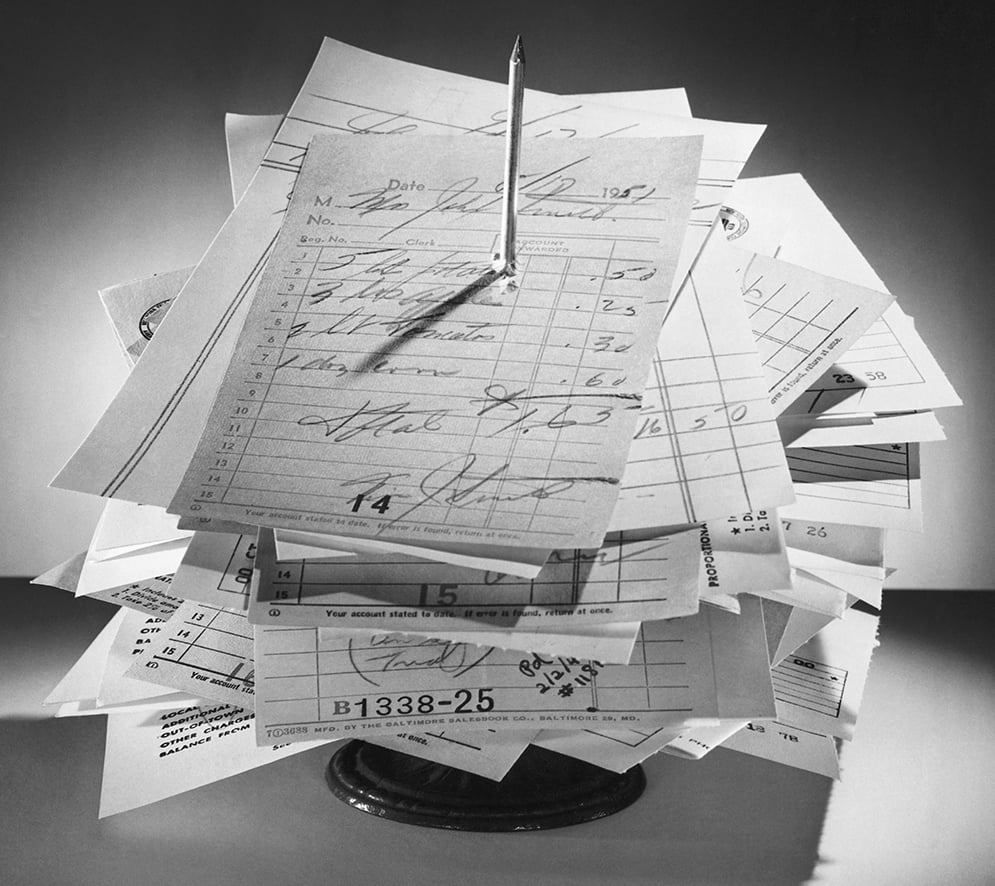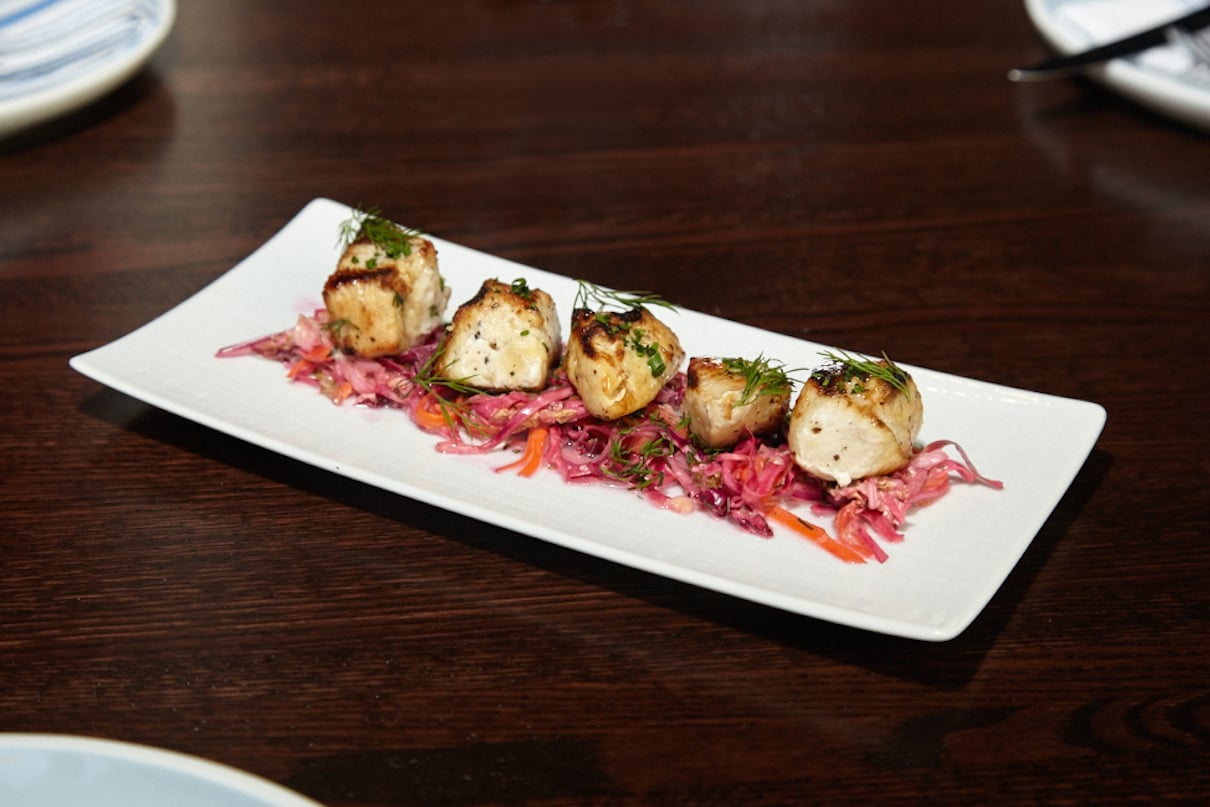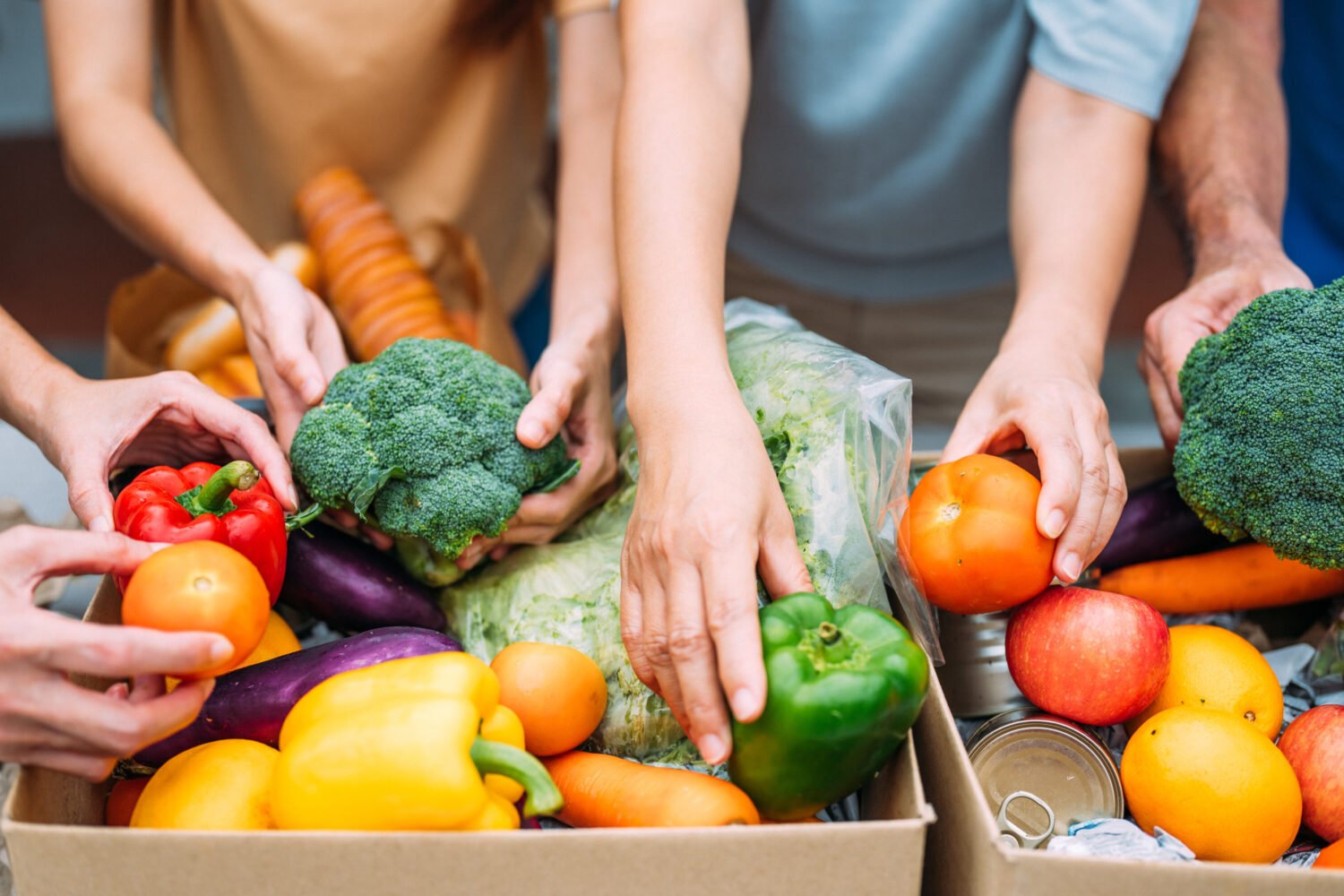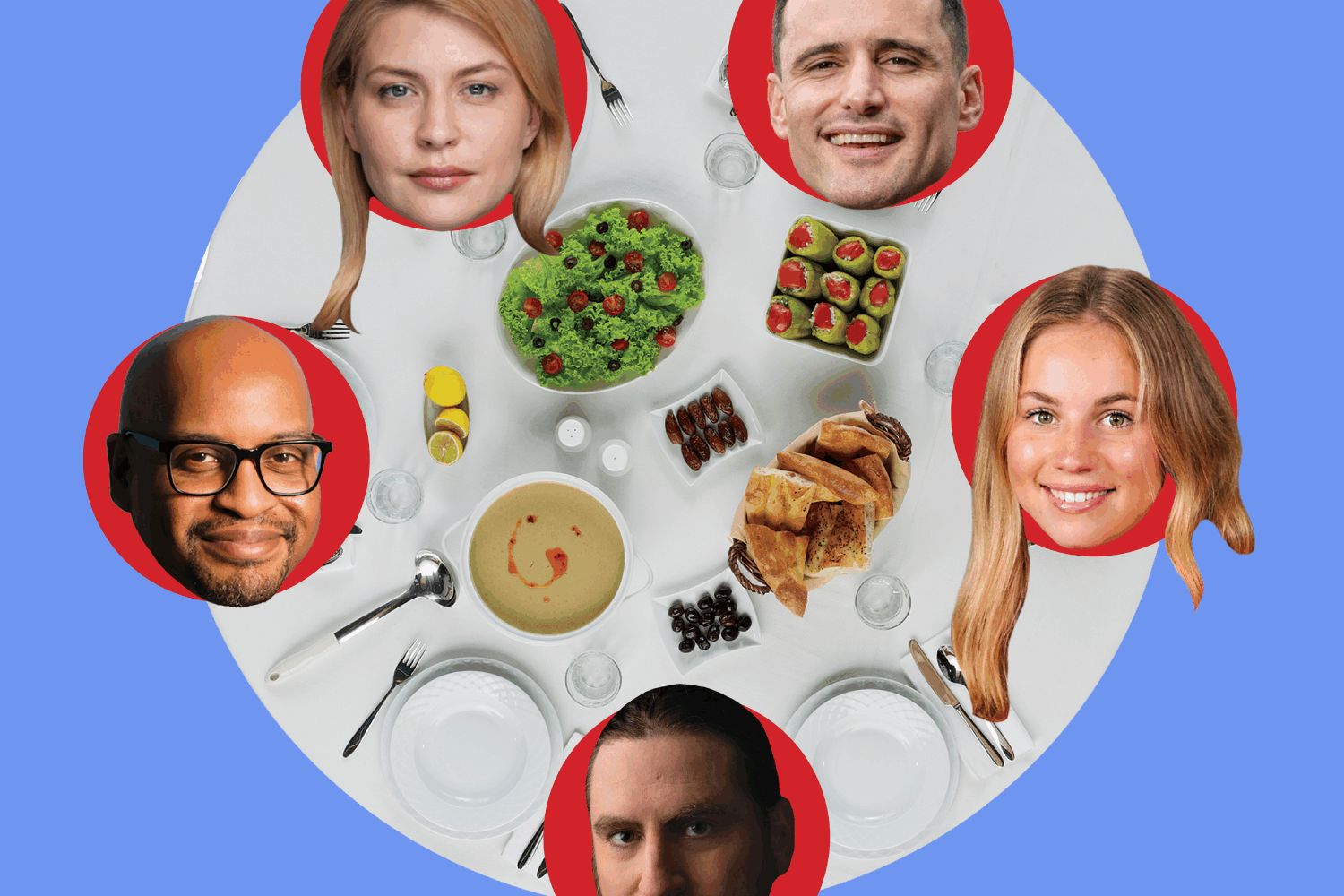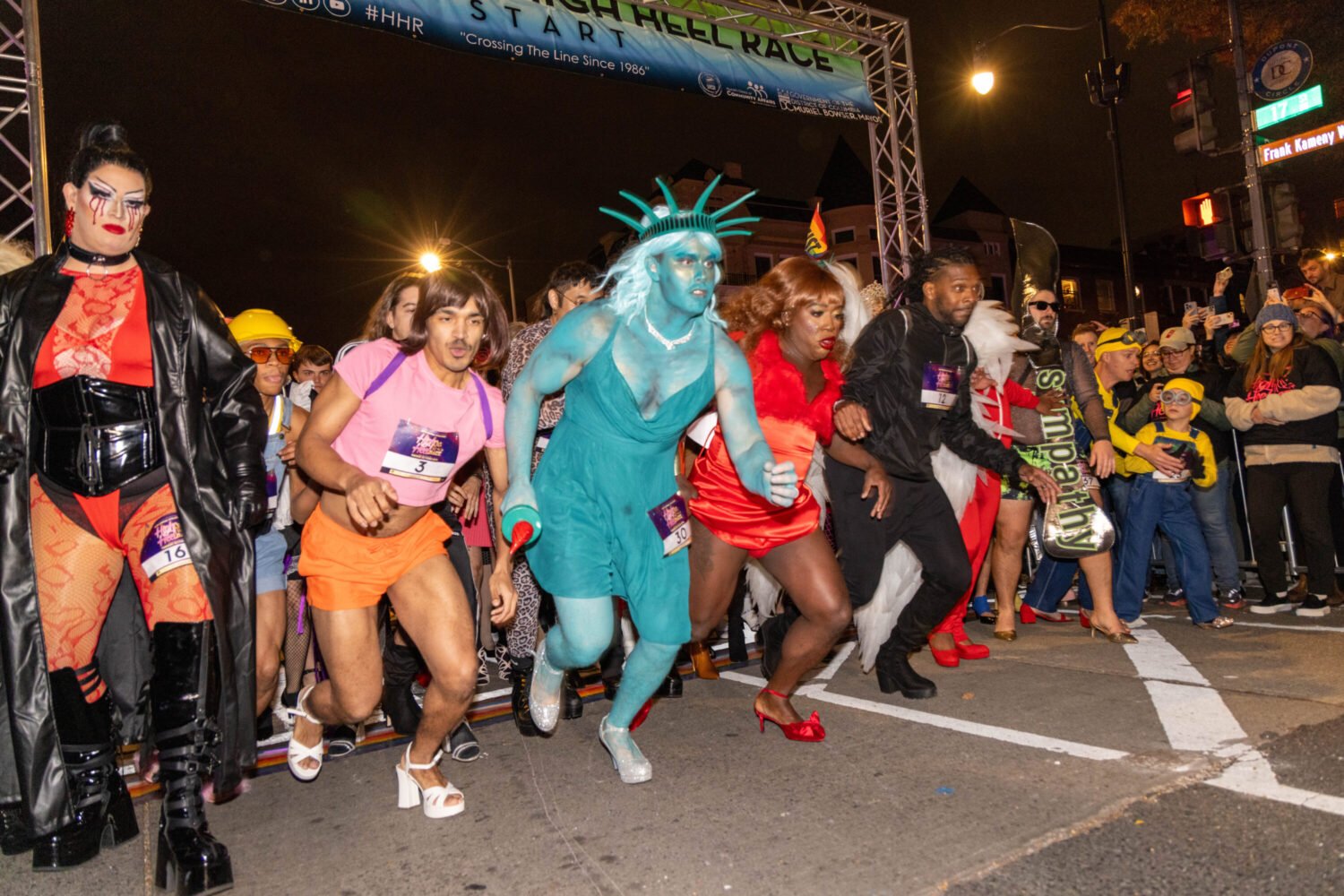It was the perfect recipe for TV drama: Two brothers—both chefs, both very talented and very competitive—are contestants on a culinary reality show, Bravo’s Top Chef. On one side of the kitchen there’s Bryan Voltaggio—cautious, steady, and unflappable—until Michael, his moody, mussy-haired kid brother, comes around to rag on one of his dishes.
Despite the distraction of sibling rivalry, the brothers stood out as the show’s top talents. In the end, it came down to the two of them: Michael, 31, won the title, and Bryan, 33, was runner-up.
But long before Top Chef, the brothers were big names in the food world. Bryan spent six years running the show at Charlie Palmer Steak on Capitol Hill. In 2008, he opened Volt, an ambitious restaurant in an unlikely location—a Frederick brownstone.
Michael got his start at the Greenbrier, the grandly appointed resort in West Virginia. He was the youngest person to go through its well-regarded apprentice program and was eventually put in charge of its top dining room. In 2008, he moved to LA and garnered four Los Angeles Times stars for the Bazaar, DC chef José Andrés’s first out-of-town venture. Michael Voltaggio now mans the kitchen at another big-name restaurant, the Michelin-starred Dining Room at the Langham Huntington Hotel in Pasadena.
It’s been quite a ride for two former busboys who grew up in Walkersville, just outside Frederick, and attended Governor Thomas Johnson High School. We brought them together to talk about their different paths to culinary success, the hard-knock lessons they’ve learned, and how they deal with all those breathless reality-TV fans.
When did you first start paying attention to food?
Bryan: I have early-childhood memories of cooking with my grandfather. He used to cook at home a lot, especially during the holidays. I got my first cookbook when I was five. It had funny-shaped grilled cheeses and stuff like that—and a little apron.
Michael: Our mom was not a gourmet cook at all, but she always, always, always had dinner on the table every day. You know how families are today—people use their dinner table for storing the mail. She made mom food—pork chops, casseroles, breakfast for dinner.
Is there anything she taught you that you still use in the kitchen?
Bryan: Probably textures in food. She used to make this casserole called Texas straw hats, and it had Fritos over the top and layers of textures. I still try to recreate that in every dish. I was one of those kids who always put potato chips on their sandwiches. But I think maybe that was the start of it.
Michael: I still put Fritos on top of dishes in the restaurant. I do a canapé right now where we make a clear gel that tastes like salsa. Then we crush Fritos and sprinkle them in the bowl, and we put in goat cheese with liquid nitrogen on top. You eat the whole thing with a spoon, and it’s like eating chips and salsa.
What were your first kitchen jobs?
Bryan: Mine was at the Francis Scott Key Holiday Inn in Frederick. I started as a busboy. I went to the chef and asked him, “Look, if I take the vocational program at my school, the culinary program, can I start cooking?” It looked a lot cooler than being a busboy.
Michael: I did the same thing. I was a busboy, but Bryan was in the kitchen at the time. All the cool people were working in the kitchen, and all the nerds were in the front of the house. So I think that’s when it clicked for me.
Did you feel right off that it was what you wanted to do?
Michael: I didn’t like school at all. Right as I was graduating, I got a job offer—this was in 1996—making $30,000 a year to be a sous chef at a country club. So automatically I’m like, somebody’s gonna pay me$30,000 right out of high school? I decided not to go to college. But once I was working at the country club I thought, this is going to end me. That’s when I started looking for an apprenticeship.
Culinary school is trendy now, but were any of your friends doing the same thing back then?
Michael: Back when we did it 15 years ago, people looked at you weird when you said you were going to go to culinary school. It was kind of like, what crimes did you commit?
Bryan, how important was culinary school?
Bryan: For me it was. I worked for this hotel company that moved me around to a few properties, and as a chef I just felt I was creating subpar food. I felt I was hitting a dead end, and that’s when I started to have a lot of interest in going to school. I went to the Culinary Institute of America knowing I at least had the fundamentals—knife skills and so forth. I worked 40 hours a week while I was there, so that was a pretty heavy load.
I remember driving to New York City, and because I’m from Frederick, I was pretty intimidated when I got there. I trailed one Saturday at Aureole, and that’s when I met Charlie Palmer. It took me three weeks of repeatedly going down to the city, and he finally offered me a job for my externship, and that’s where my career started.
Michael, did you have a mentor?
Michael: Yeah, but I’m different than Bryan. Bryan stayed in one place for a long time. He learned how to do everything Charlie’s way. Charlie’s a guy who would fix the ice machine if it broke.
I went from kitchen to kitchen. I get bored with things quickly. It’s not just in cooking. I’m ADD, and I need to move on to the next thing constantly. But I would say Arnaud Berthelier, who I worked with at the Ritz-Carlton in Naples, Florida. He’s the one who showed me fine dining. I’d never seen food like that before. He was cooking sous-vide back in 2000, when we had to hide the equipment and not tell anybody we were doing it.
He was really, really ahead of the game. The problem with him is that he was really introverted. He was never out of the kitchen doing interviews because nobody really knew about him. But to this day I haven’t seen food as perfect as his.
What lessons came out of those relationships?
Michael: There was a chef I worked for early on, Lawrence McFadden—he was another guy who was always cooking in the kitchen. I would ask questions: “Tell me about food costs, tell me about this.” He said, “Every time you change a job, you’re going to have to relearn in a week how to manage the operation, but you’ll never be able to go back and learn how to cook. Stay as close to the stove for as long as possible.”
I still tell myself that every day. I don’t first come in, check my e-mails, then go in the kitchen; I come in and I work all day. I hide from the world in the kitchen.
Bryan, any lessons from Charlie?
Bryan: My biggest break was Charlie basically giving me the keys to the door at Charlie Palmer Steak in DC. He had me there day in and day out during the construction process. That really gave me the confidence to go and open my own restaurant. Basically, I took somebody else’s money, learned from the mistakes I made there, and that made it much easier to pitch to investors in order to open Volt.
What was the hardest part of starting out?
Michael: Humbling yourself enough to take whatever crap you were going to take, accept it, and learn from it. I remember going to the Greenbrier—the cooks there wouldn’t say my name correctly. They’d always mess it up—like Voltaglio, Voltagliaglio—and they’d always make jokes about it. One night I was like, “Dude, why won’t you just say my name? It’s Voltaggio.” And he was like, “Because you’re a little punk.”
So I think it’s deciding that, no matter what, you’re going to be a warrior and fight through it. When I was ready to leave, that same guy came up to me and was like, “Hey, Chef Voltaggio—good job.”
What are some of the things you teach a cook who is just starting out?
Bryan: I believe in culinary school, obviously, but I tell kids just coming out, “Look, you need to work in this industry for years before you become a sous chef. I know you have loans. I know your parents want to see a return on their money. But for you to get to where I am, you need to work for a lot of different people, keep your head down, and soak everything in. Knowledge is everything, and experience is a lot more.”
How do you handle the kitchen lifestyle? Are the 12-hour days tough?
Bryan: What inspires me the most is that it’s ever-changing. For me, how I built this restaurant was inspired by Michael. He would call me up and say, “This guy just dropped off a basket of chanterelles that he foraged.” That inspired me. I want farmers coming to my back door.
Michael: She wants the dirty-dirty.
Bryan: I understand.
Michael: So don’t dance around the question.
Bryan: All right—yes, I love talking about sex, drugs, and politics in the kitchen. It’s a family environment, but it’s a family environment that has a lot of extracurricular activities.
Michael: Being in a kitchen is a culture, and that’s where you decide this person’s going to make it and this person’s not. And when you hire people, you know this guy is going to be one of those guys, this is gonna be the guy where I can say, “Shut the f— up,” and he’s not going to go to human resources.
What keeps you going all day? Do you pound coffee?
Michael: I had to give all that stuff up when I went on Top Chef—I didn’t want to be shaky on camera. When I was at the Bazaar, I was having Red Bull after Red Bull and coffee after coffee. Now I try to do it free of poison—that’s how I’ll say it.
Bryan: Because the day never ends, I have to make a stopping point. If you don’t end your day and go home and get five or six hours’ sleep, you’re pretty much worthless the next day.
Michael, you used to work with José Andrés. What was that like?
Michael: José is very, very, very involved. People wouldn’t know that about José, with all the other stuff he’s got. The cool thing about José is this: In José’s mind, anything is possible. And I mean that in the most literal sense. He doesn’t understand why something can’t happen. Meaning let’s take Minibar—which serves 12 people a night—and recreate the concept and do it for 400 people a night in Los Angeles, which is essentially what my task was moving out there. He’s insane.
He’s all about collaboration. You wouldn’t know that because it’s José, José, José. When I opened the Bazaar, everybody from DC came out to help me open it, as opposed to “Let’s just throw the new guy out there to do a million-dollar-a-month business by himself.”
So . . . Top Chef.Did TV come naturally to you?
Bryan: No, it was weird. Being in the kitchen is natural. When the cameras are there, you just try to ignore them as much as possible.
How isolated were you?
Michael: We all lived together in a house. What you saw on TV is the way it was.
What was in the fridge?
Michael: It was stocked with Whole Foods stuff. So when we came home, there was always a refrigerator full of groceries. You’re living in a house, there are your groceries, there’s your dishwasher, clean up your own mess. It was real. We all would take turns cooking for each other.
What did you do the night the finale was shot and you found out you’d won?
Michael: That was actually at 6 in the morning.
Bryan: We went back to sleep.
How have things changed since the show?
Michael: You get the people who come into the restaurant because they want to see the guy who was on TV. The cool thing is that you can convert those people. All of a sudden, you’ve created a new foodie. Then you get the people who come in and want to play Gail or Tom or Padma. They’ll say, “Well, I think that this was a little bit too . . . . If I was on the show, I’d . . . .” And you’re just like, “Really? Enjoy your dinner.”
Bryan: It’s overnight. An actor is someone who aspires to do that, and there are steppingstones—a commercial, a motion picture—but with TV it’s like all of a sudden all of America knows you. I go to the gas station and somebody runs up and says, “Hey, can you sign my gas receipt?” I’m like, “Dude, I’m not paying for your gas. Oh—you want an autograph.”
What’s the most exciting food city now?
Michael: New York is the most mature, developed culinary city. But I think LA finally is becoming a serious food town, and that in itself makes it one of the most exciting. In LA, fine-dining restaurants are a lot more casual but the food is allowed to be serious.
Bryan: In New York, though, it’s a culture. People don’t have room or time to cook, so they go out. It’s a career to be a waiter in New York, to be the captain at a top-tier restaurant. People strive to get there. It definitely was a struggle to open a restaurant in Frederick, Maryland.
What city is the most up-and-coming?
Bryan: I think DC is becoming one. More and more chefs are coming here from New York. The economy was sustained here. I think from a business aspect a lot of people were like, hey, we lost all of our money in Vegas, but it looks like DC is doing well.
What are your least-favorite food trends?
Bryan: It’s kind of odd that I’m saying this because I try to buy all my ingredients local, sustainable, and organic, but I think throwing that in everybody’s face—“Hey, I’m buying this heritage piece of pork from Farmer Joe that only eats this-and-that on this one-acre plot of land”—that’s cool for a chef to know, but throwing it in our guests’ faces?
What’s your take on food critics? Helpful or mosquito-like?
Bryan: I love food critics. And I want to say this in the nicest way: I’ve met a lot of food bloggers who I don’t think have dined enough to be ready to critique. I do like people who are out there documenting their experiences, but not bashing somebody to generate a buzz. I’ve come across plenty of those. It’s like, what do you do for a living? You’re a lawyer? Guess what, I’m going to start a blog about lawyers—how about that?
What are the biggest myths about restaurants? Should you really never order sushi on a Monday?
Bryan: I don’t believe in that anymore. FedEx can get here any day of the week.
What are your favorite knives?
Michael: I go on Korin.com and buy knives there. The hand-forged, folded Japanese are the best knives. I only sharpen my knives on one side, like the Japanese do. I think for the home cook, brands like Shun and Global are close to what we’re using in the kitchens every day. Who wants to spend $500 or $600 on a knife at home?
Bryan: I buy a knife for a specific reason. I use German steel when I’m doing butchery because the steel is a little more rigid. Japanese steel tends to be a lot softer and is better for fine cuts of vegetables and fish.
Your last meal?
Michael: I would want a tasting menu prepared by Ferran Adrià, Pierre Gagnaire, Alain Ducasse, Thomas Keller—all the godfathers of cooking and the people we have spent our careers studying. It’d be course-by-course comparison-choreographed by those guys.
Bryan: There are a lot of restaurants in the world I’ve never eaten at. I’ve never been to El Bulli, I’ve never eaten at the French Laundry. But I’d just want to be surrounded by family and be a part of the experience myself. I love to eat, but I love to cook.


